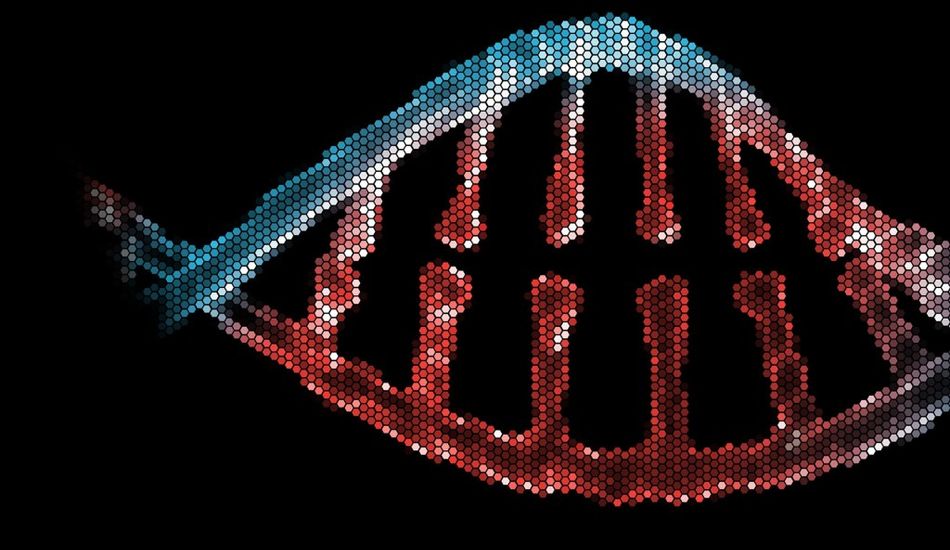
FutureHouse Launches AI Tools for Science
FutureHouse, a non-profit organization backed by prominent figures, has launched a platform featuring AI-powered tools aimed at accelerating scientific research. The initiative is part of a broader trend among organizations and startups to leverage artificial intelligence in scientific discovery. While some tech giants have also invested heavily in this area, showcasing AI's potential to aid in hypothesis generation and experimental planning, challenges remain.
Addressing the Challenges in AI-Driven Science
The platform introduces four key AI tools: Crow, Falcon, Owl, and Phoenix. Each tool serves a specific purpose in streamlining scientific workflows, from literature searches and data analysis to experimental planning. While the potential for accelerated discovery is significant, the reliability of current AI systems remains a crucial concern. The inherent limitations of AI, including the propensity for errors and "hallucinations," necessitate a cautious approach. FutureHouse acknowledges these limitations, emphasizing a focus on rapid iteration and user feedback to refine the tools' accuracy and performance.
Despite the ambitious goal of creating an "AI scientist," current AI tools, even those from leading organizations, haven't yet demonstrated groundbreaking discoveries. The complexity of scientific breakthroughs often involves elements beyond the current capabilities of AI, particularly in areas requiring creative, out-of-the-box thinking. While AI can effectively handle tasks such as sifting through vast datasets, the leap to independent scientific breakthroughs remains a significant hurdle.
FutureHouse's approach emphasizes a commitment to transparency and continuous improvement. By releasing its tools publicly and actively soliciting feedback, the organization aims to foster collaboration and accelerate the development of more reliable and effective AI-powered tools for the scientific community.
Source: TechCrunch